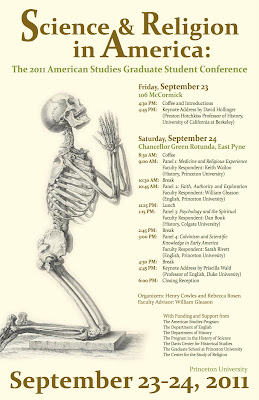Science Activity? or investigation?
Hmmm...when I see that title I think of one random activity that isn't really connected to a big idea. Maybe it's because I spent many years teaching science that way...finding cookie cutter activities that were "cute" or "fun". Things that kept the kids attention, but maybe didn't truly build their knowledge or understanding. As I become more of an inquiry teacher, I am trying very hard to get away from this idea. So instead...I'll talk about my next investigation that we will start on Monday. We will be building terrariums to bring a school yard ecosystem into the classroom. It will be a model of what happens outside. On Monday the teachers will bring in: 4 glad ware containers (approx 6"x4") grass seeds potting soil rocks worms Each table group will build a terrarium with rocks, soil, and grass seeds. Then we will put in a few worms. Over the next few days we will watch it grow as a team and notice the changes in our terrariums....













